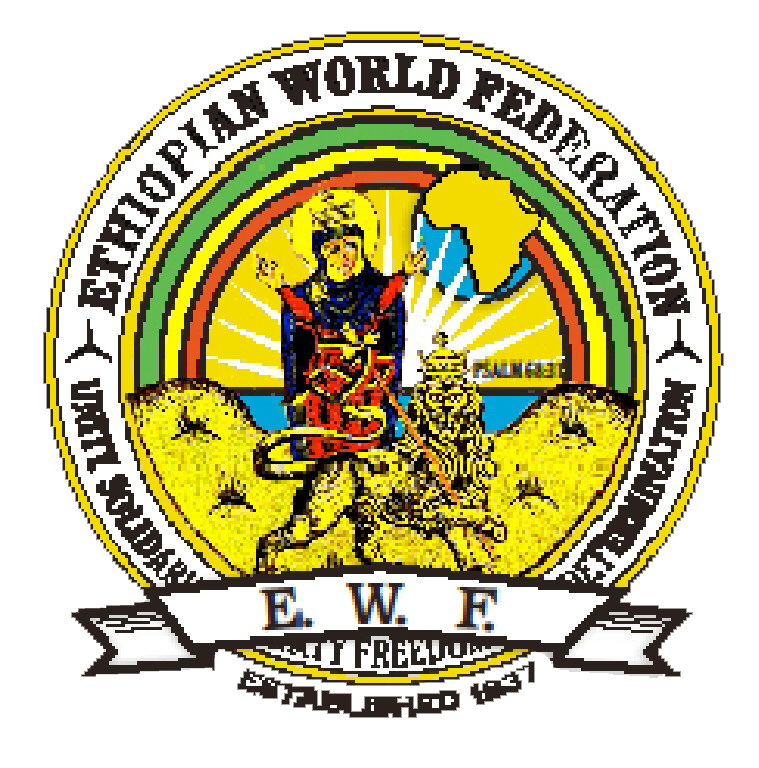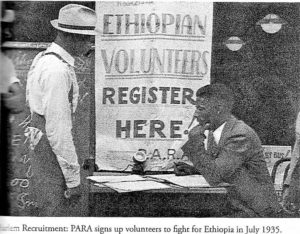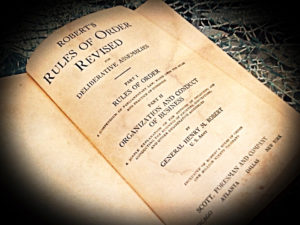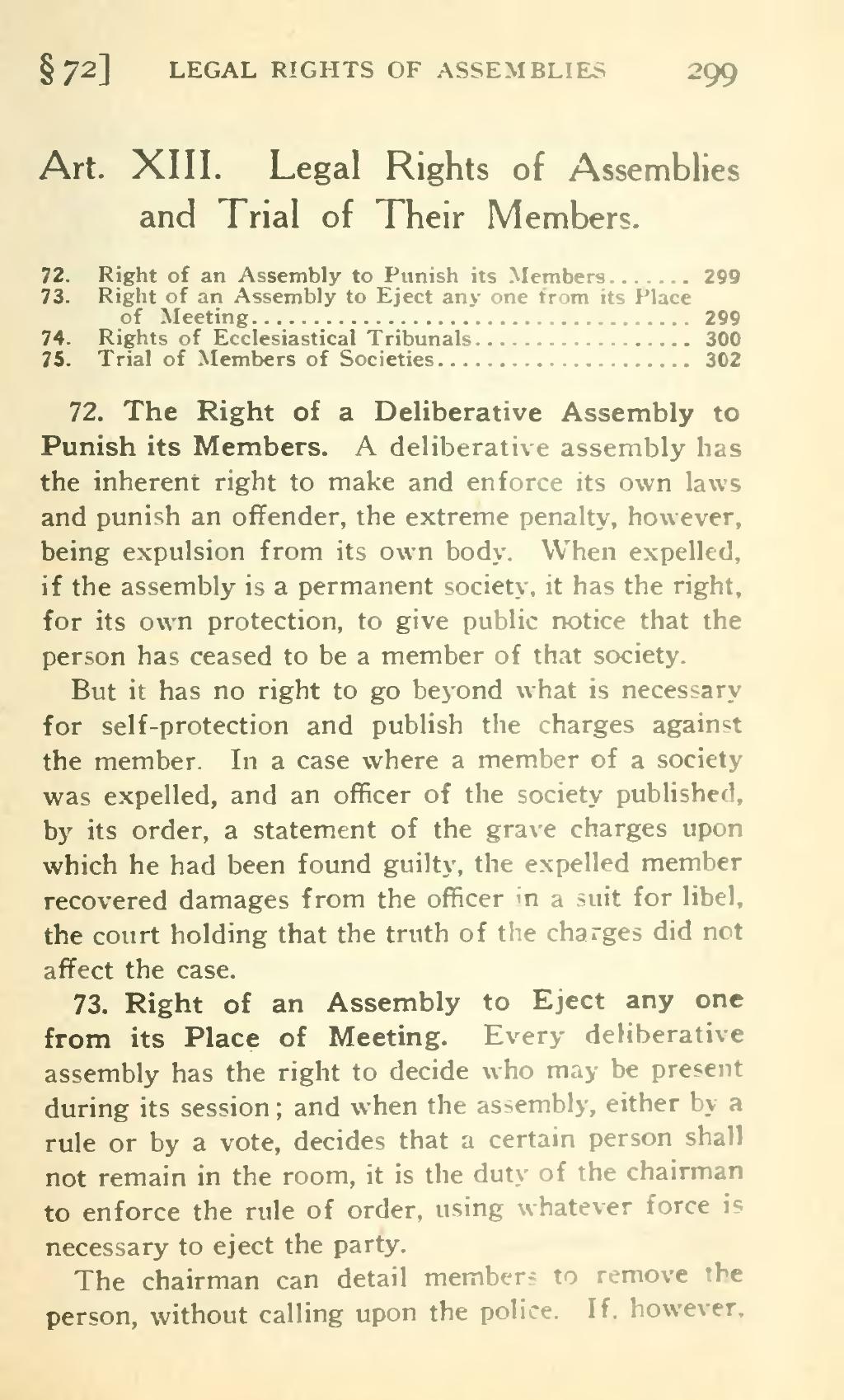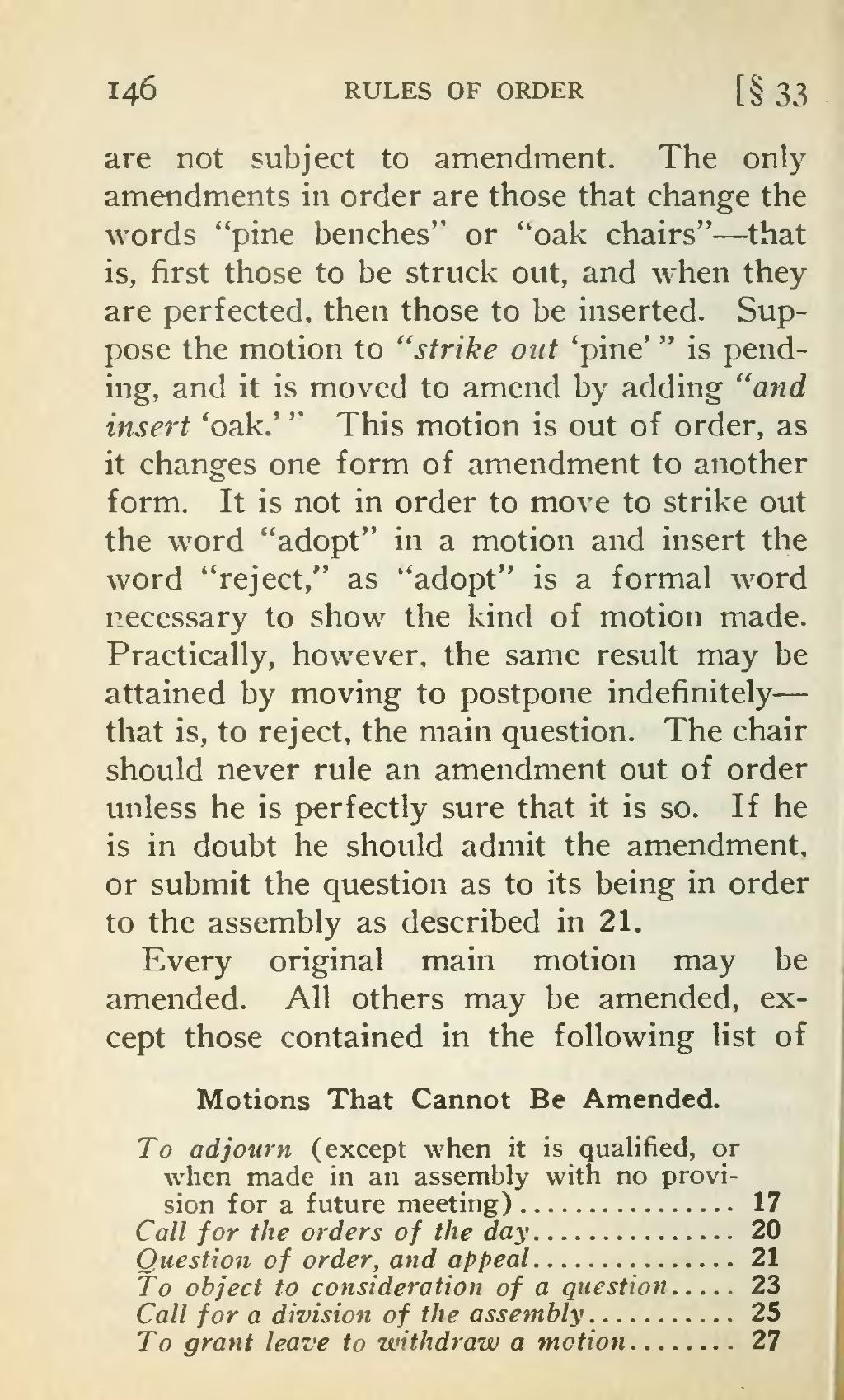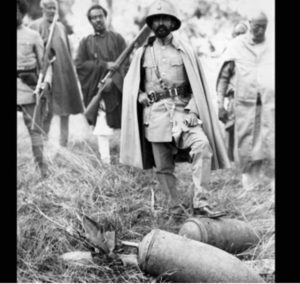Black History Selection Join us as we journey in time as we trace the history of Black peoples in the Western Hemisphere from their Homeland on the African Continent to the present day
The Atlantic Slave Trade:
Watch Introductory Video The Atlantic Slave Trade Part 1: The Beginning Examine and read about the beginning of the Trans Atlantic Slave Trade, Follow the enforced path of the Black peoples of the Western Hemisphere from the shores of the African Continent : Read on…….
The Atlantic Slave Trade Part 2: Involvement
Examine and read about the beginning of the Trans Atlantic Slave Trade, Follow the enforced path of the Black peoples of the Western Hemisphere from the shores of the African Continent : Read on…….
The Atlantic Slave Trade Part 2: Involvement
 Which Countries were involved? In this section we examine the Participants who were involved in this trade and ask the questions why ? : Read on………..
The Atlantic Slave Trade Part 3: Freedom Fighters
Which Countries were involved? In this section we examine the Participants who were involved in this trade and ask the questions why ? : Read on………..
The Atlantic Slave Trade Part 3: Freedom Fighters
 Read about the Hero’s who fought against the oppressions of Slavery this section is separated into different countries. Read extensively about the hero’s from Brazil, Haiti, Panama, Jamaica, Guyana, Cuba, Curaçao, Barbados and America. These heroes in many cases lost their lives in this struggle : Read on……………
The Atlantic Slave Trade Part 4: Abolitionism
Abolitionism is a movement to end slavery
Read about the Hero’s who fought against the oppressions of Slavery this section is separated into different countries. Read extensively about the hero’s from Brazil, Haiti, Panama, Jamaica, Guyana, Cuba, Curaçao, Barbados and America. These heroes in many cases lost their lives in this struggle : Read on……………
The Atlantic Slave Trade Part 4: Abolitionism
Abolitionism is a movement to end slavery
 Read about the abolitionist who fought to end Slavey in their respective Countries. These abolitionist fought against the instituted laws that exsisted to end the horrors of the trans atlantic slave trade.
……………………..Read on………………….
Read about the abolitionist who fought to end Slavey in their respective Countries. These abolitionist fought against the instituted laws that exsisted to end the horrors of the trans atlantic slave trade.
……………………..Read on………………….
Harriet Tubman:
A Special woman who not only fought for her own freedom but also the freedom on hundred of other slaves from bondage is Harriet Tubman. Watch the Following video as a introduction to her life and times.
Harriet Tubman
Harriet Tubman was an inspirational figure who fought against the bondage of slavery, and who’s vision it was to see a free society in which every person is seen as equal in the eyes of the beholder read about her Life and Times……………Read on…………….African Colonialisation:
Watch Introductory Video African Colonialism Part 1 The Scramble for Africa (1880-1900) also known as the Race for Africa or Partition of Africa was a process of invasion, occupation, colonization and annexation of African territory by European powers during the New Imperialism period. But it wouldn’t have happened except for the particular economic, social, and military evolution Europe was going through
………….Read on………………….
African Colonialism Part 2: Decolonialism
The Scramble for Africa (1880-1900) also known as the Race for Africa or Partition of Africa was a process of invasion, occupation, colonization and annexation of African territory by European powers during the New Imperialism period. But it wouldn’t have happened except for the particular economic, social, and military evolution Europe was going through
………….Read on………………….
African Colonialism Part 2: Decolonialism
 The Decolonization of Africa was a long and hard struggle in which many lost their lives. Unfortunately the effects of the colonization of the African continent; by its European partners has had far reaching effects on modern day life in Africa. Most countries were left by their colonial masters in a state of bankruptcy and confusion, countries were abandoned without even the basic infrastructure to survive and its peoples were left without the rudimentary tools to succeed. It may take many generations for the continent to realize its potential. In essence Africa needs its industrial revolution that was so cruelly denied in history………………Read on………………………
The Decolonization of Africa was a long and hard struggle in which many lost their lives. Unfortunately the effects of the colonization of the African continent; by its European partners has had far reaching effects on modern day life in Africa. Most countries were left by their colonial masters in a state of bankruptcy and confusion, countries were abandoned without even the basic infrastructure to survive and its peoples were left without the rudimentary tools to succeed. It may take many generations for the continent to realize its potential. In essence Africa needs its industrial revolution that was so cruelly denied in history………………Read on………………………
Life and Times of Haile Selassie I: Part 1 Early Life
Birth and Ancestry His parents were Ras Makonnen Wolde Michael, the governor of Harrar, and his wife, Woizero Yeshimebet Ali AbaJiffar. Ras Makonnen was the son of Dejazmatch Wolde Michael Wolde Melekot, a noble of Doba in northern Shewa. Ras Makonnen’s paternal grandfather was Ato Wolde Melekot Yemane Kristos a Tigrean noble from Tembien who had moved to Shewa. Ras Makonnen’s mother however was Woizero Tenagnework Sahle Selassie, daughter of King Sahle Selassie of Shewa, sister of King Haile Melekot of Shewa, and aunt to Emperor Menelik II of Ethiopia. Ras Makonnen was thus the first cousin of Emperor Menelik II and a member of the Solomonic Dynasty.
………….Read on………………….
Life and Times of Haile Selassie I: Part 2 Italio-Ethiopian war
Ethiopia Prepares for War
Ever since the crushing defeat of the Italian Army at Adowa in 1896, Italian officials, especially colonial officials had chaffed at the lack of revenge, or
His parents were Ras Makonnen Wolde Michael, the governor of Harrar, and his wife, Woizero Yeshimebet Ali AbaJiffar. Ras Makonnen was the son of Dejazmatch Wolde Michael Wolde Melekot, a noble of Doba in northern Shewa. Ras Makonnen’s paternal grandfather was Ato Wolde Melekot Yemane Kristos a Tigrean noble from Tembien who had moved to Shewa. Ras Makonnen’s mother however was Woizero Tenagnework Sahle Selassie, daughter of King Sahle Selassie of Shewa, sister of King Haile Melekot of Shewa, and aunt to Emperor Menelik II of Ethiopia. Ras Makonnen was thus the first cousin of Emperor Menelik II and a member of the Solomonic Dynasty.
………….Read on………………….
Life and Times of Haile Selassie I: Part 2 Italio-Ethiopian war
Ethiopia Prepares for War
Ever since the crushing defeat of the Italian Army at Adowa in 1896, Italian officials, especially colonial officials had chaffed at the lack of revenge, or  restoration of their honor Revenge for Adowa was considered essential for Italian prestige in Europe. Italian colonies in Libya, Italian (southern) Somali land and Eritrea were unprofitable, and in the case of Libya, unstable. The Italians increasingly saw Ethiopia as their natural hinterland for their Somali land and Eritrean colonies. A vast territory of industrious people, fertile soil, untapped mineral wealth and the prestige of ancient empire were a prize that they were simply unwilling to pass up for good.
Read on……………………………………..
>See complete archives for this section >
Speeches]]>
restoration of their honor Revenge for Adowa was considered essential for Italian prestige in Europe. Italian colonies in Libya, Italian (southern) Somali land and Eritrea were unprofitable, and in the case of Libya, unstable. The Italians increasingly saw Ethiopia as their natural hinterland for their Somali land and Eritrean colonies. A vast territory of industrious people, fertile soil, untapped mineral wealth and the prestige of ancient empire were a prize that they were simply unwilling to pass up for good.
Read on……………………………………..
>See complete archives for this section >
Speeches]]>
